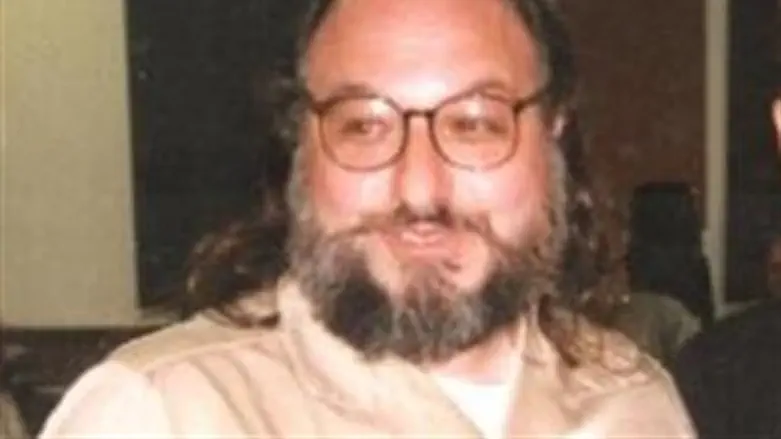
Prof. Angelo Codevilla, a member of the professional staff of the Senate Intelligence Committee at the time of Jonathan Pollard's arrest, has written US President Barack Obama in an offer to give expert testimony on the case.
Codevilla's letter, released last Thursday, joins the many calls to free Pollard, such as that of Bill Richardson, a close confidant of Obama, who called on the president to release Pollard immediately in a December 10 letter. Pollard is now in his 29th year in jail.
Particularly significant about Codevilla's offer is his ability to clarify the record on Pollard. By keeping Pollard's file secret, the US government has prevented the clearing of Pollard's name from suspicions of more serious crimes that those publicized.
"Having been intimately acquainted with the materials that Pollard passed and with the sources and methods by which they were gathered, I would be willing to give expert testimony that Pollard is guilty of neither more nor less than what the indictment alleges," writes Codevilla in his letter.
The indictment referred to charges Pollard only with one count of passing classified information for the benefit of an ally with no intent to harm the US.
Codevilla notes the crime "normally carries a sentence of 2-4 years," adding that "Pollard is the only person ever sentenced to life imprisonment" for the crime.
Currently a Professor Emeritus at Boston University, Codevilla remarks that Pollard's "disproportionate sentence in violation of a plea agreement was based not on the indictment but on a memorandum that was never shared with the defense. This is not how American justice is supposed to work."
Like the plea to free Pollard by former Director of Central Intelligence "James Woolsey, former Attorney General Michael Mukasey and that of former Senator Dennis DeConcini, who chaired the Senate Intelligence Committee," Codevilla comments that his request is based on his "experience as senior staffer on that committee."
Codevilla closes his letter by asking the president to exercise his constitutional right to pardon Pollard.
